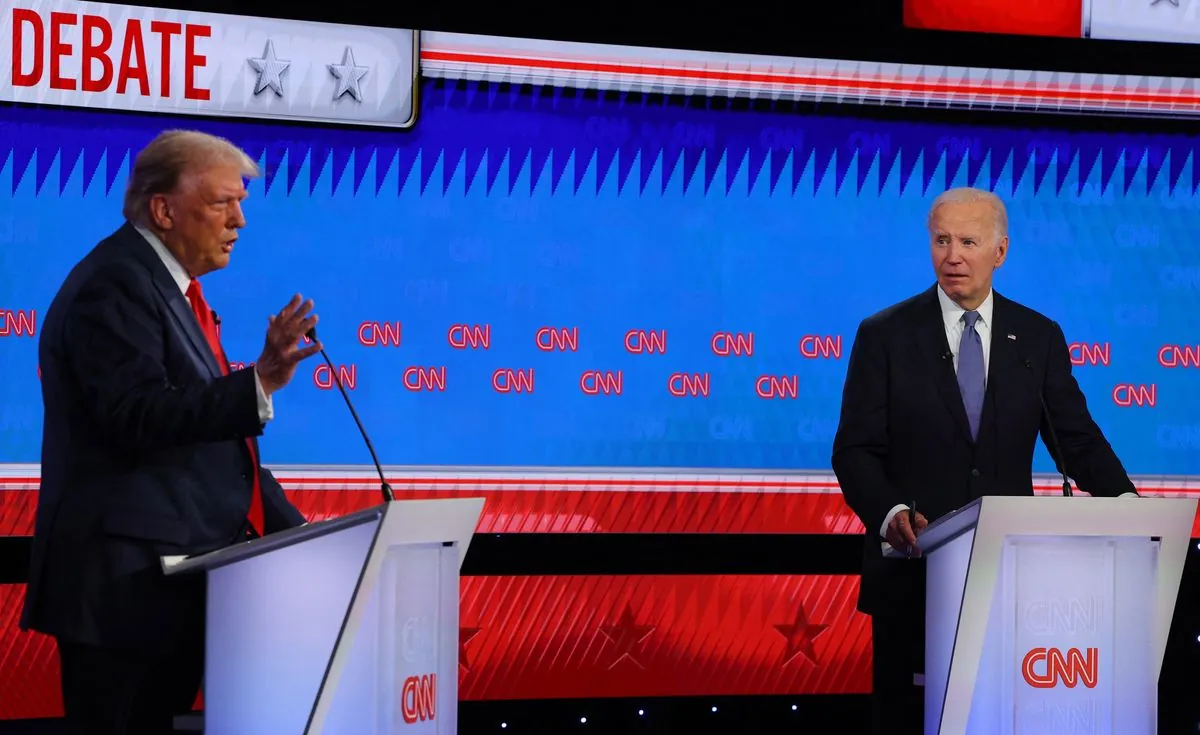Inside story: How a TV interview changed the course of 2024 presidential race
An unexpected moment on daytime TV became a turning-point in US presidential campaign. The story shows how media presence and cultural shifts shaped one of the most-talked about elections in recent history

In the aftermath of the 2024 presidential race Donald Trump defeated Kamala Harris - a contest that showed how modern politics dont follow traditional rules anymore
The campaign started well for Harris: she got record-breaking donations (over $1-billion in just 3 months) and won the only face-to-face debate in early-september. However things went south after a simple question on day-time TV changed everything
There is not a thing that comes to mind
This response became a major set-back for Harris; campaign manager Jason Miller later pointed to this mid-october moment as the races turning point
The economic facts were mixed: inflation went down unemployment stayed low and manufacturing got better - but voters still had doubts. Bidenʼs earlier spending choices (like the multi-billion infrastructure bill) left a complicated legacy for his successor
Here are the key factors that shaped the outcome:
- Cultural issues became more important than economy
- Foreign info-wars got more sophisticated
- Tech companies stopped checking false content
- Male voters showed strong support for Trump
The media landscape played a huge role - Trump managed to control headlines with his non-standard approach while Harris struggled to deliver her message. His social-media presence and ability to grab attention proved decisive
Young male voters became a key group: polls showed Republican support among under-30 men went up 7% since last election. Trump used podcasts and online shows to reach this audience effectively‚ while Harris couldnt find ways to connect with them
The technology factor cant be ignored: false stories and fake content spread faster than ever before. Meanwhile countries like Russia China and Iran stepped up their online campaigns - making it hard for voters to find real facts





























